Healthcare Data Security Solutions | How Google CASB Can Help?
Cloud computing in healthcare has transformed how medical records and data are managed and stored. This technology enables healthcare professionals to make more informed decisions and personalize treatment approaches for patients. However, moving to the cloud also presents certain security challenges.
For instance, the healthcare industry faces stringent data security challenges, driven by the need to protect sensitive patient information and comply with regulations such as HIPAA. To meet these challenges, healthcare organizations must implement solutions like Google Cloud Access Security Broker (CASB). Google CASB offers robust solutions to ensure compliance, data security in healthcare, and deep visibility into cloud applications.
Let’s delve into healthcare data security challenges, the necessity of Google CASB integration, its features, and the benefits it brings to healthcare firms.
Data Security Challenges in Healthcare
Healthcare organizations handle vast amounts of sensitive data, including patient records, medical data, and billing information. This data is the key target for cybercriminals, making it vulnerable in a given healthcare setup.
Here are the key challenges:
1. Data Breaches
Data breaches can lead to significant financial losses and damage a healthcare brand's reputation. These breaches often result from phishing attacks, hacking, or insider threats. Since healthcare data is valuable on the black market, cybercriminals are constantly developing new ways to infiltrate healthcare systems.
2. Remote Access
The rise of telemedicine services has increased the need for secure access to healthcare data from various locations. As healthcare providers offer remote consultations and allow staff to work from home, ensuring the security of remote access has become critical.
3. Compliance Requirements
Adhering to HIPAA Health Insurance Portability and Accountability Act and other regulatory standards is vital for healthcare firms to avoid hefty fines. Healthcare organizations must implement stringent policies to protect patient data and regularly conduct audits to ensure compliance. Failure to meet these requirements can result in substantial financial penalties and legal repercussions, as well as harm to the organization's reputation.
4. Third-Party Risks
Partnerships with third-party vendors increase the risk of data exposure and breaches. Healthcare organizations often work with a variety of external partners, such as IT service providers, billing companies, and specialized medical facilities. Each of these third parties may have access to sensitive data, creating entry points for cybercriminals. It's important to establish strong healthcare data security solutions and conduct thorough risk assessments when engaging with third-party vendors to mitigate these risks.
Why is Google CASB important in healthcare?
In healthcare, Google CASB integration helps manage the security challenges that come with managing and storing Electronic Health Information (EHI) and other sensitive data. With features like data visibility, access control, compliance monitoring, and improved security measures, Google CASB empowers healthcare organizations to leverage the advantages of cloud computing while mitigating the risks associated with protecting sensitive patient information.
Features of Google CASB | Data Security in Healthcare
Data Encryption
Google CASB offers robust data encryption capabilities. It encrypts data both in transit and at rest. This dual-layer encryption strategy protects sensitive healthcare information from unauthorized access and potential breaches. By encrypting data in transit, Google CASB safeguards information as it moves between users and cloud applications.
Threat Detection
Google CASB offers advanced threat detection features, which continuously monitor cloud environments for suspicious activities and potential threats. This proactive approach allows for the prior identification and mitigation of security risks. This continuous monitoring is crucial in healthcare settings, where the data integrity and confidentiality of patients are a must at all times.
Policy Enforcement
CASB allows organizations to define and implement security policies based on specific needs and regulatory requirements. This means aligning with regulations such as HIPAA and GDPR. it consistently checks these policies are applied across all Google applications, preventing unauthorized data access and maintaining industry standards.
Benefits of Google CASB
1. HIPAA Compliance Achievement
Google CASB helps healthcare firms achieve and maintain HIPAA compliance by implementing strong security measures and regular audits. These measures ensure data security in healthcare along with the strict requirements of HIPAA, protecting patient data and reducing the risk of data breaches.
2. Deep Visibility
Gain visibility into Google application usage and data flow with Google CASB. This capability allows healthcare firms to monitor and control sensitive information effectively. By understanding how data moves within the G-Suite apps, healthcare organizations can identify potential vulnerabilities and take necessary steps to mitigate risks.
3. User Role-Based Access Control (RBAC)
Google CASB enables the implementation of granular access control based on user roles. This ensures that only authorized personnel can access specific data and applications, aligning with the principle of least privilege. By restricting access based on roles, organizations can prevent unauthorized access and reduce the likelihood of data breaches.
4. Adaptive Restrictions
Google CASB can adjust data security in healthcare based on user behavior and risk scores. This approach enhances data protection by responding to real-time threats and anomalies without impacting productivity. Adaptive restrictions ensure that security measures are both effective and flexible, adapting to the changing risk landscape.
5. Active Threat Detection
Leverage advanced threat detection capabilities with Google CASB to identify and respond to potential security threats in real-time. This proactive approach minimizes the risk of data breaches by enabling rapid response to emerging threats and improves cloud security in healthcare. Active threat detection ensures that security teams can act swiftly to protect sensitive healthcare data.
6. Granular Access Control
Enforce granular access controls with Google CASB to manage who can access, share, and modify healthcare data. These controls ensure strict adherence to security policies, preventing unauthorized data manipulation and access. Granular access control is essential for maintaining the integrity and confidentiality of healthcare information and supporting compliance and security objectives.
Working of Google CASB for Healthcare Data Security
Let's consider two staff users within a healthcare network, John who is a SOC analyst working with a large Healthcare Provider where they store their data on Google Workspace, and Alice is an external consultant who needs access to this healthcare data for driving business growth. With a CASB in place, it enforces all the necessary security checks to enforce HIPAA Compliance security. Alice will access the Google Workspace data through encrypted channels. She won’t be able to download or copy data onto her device with Google CASB’s real-time restrictions.
If the Google CASB detects risky user behavior or misuse of data, it will revoke all access from Alice and raise an alert with the SOC team. Then John can review the situation before granting Alice access to the healthcare data again.
This is how the miniOrange Google CASB solution works in real-time to restrict access to users and third-party vendors for patient data security and to enforce HIPAA Compliance in real-time for Healthcare industries.
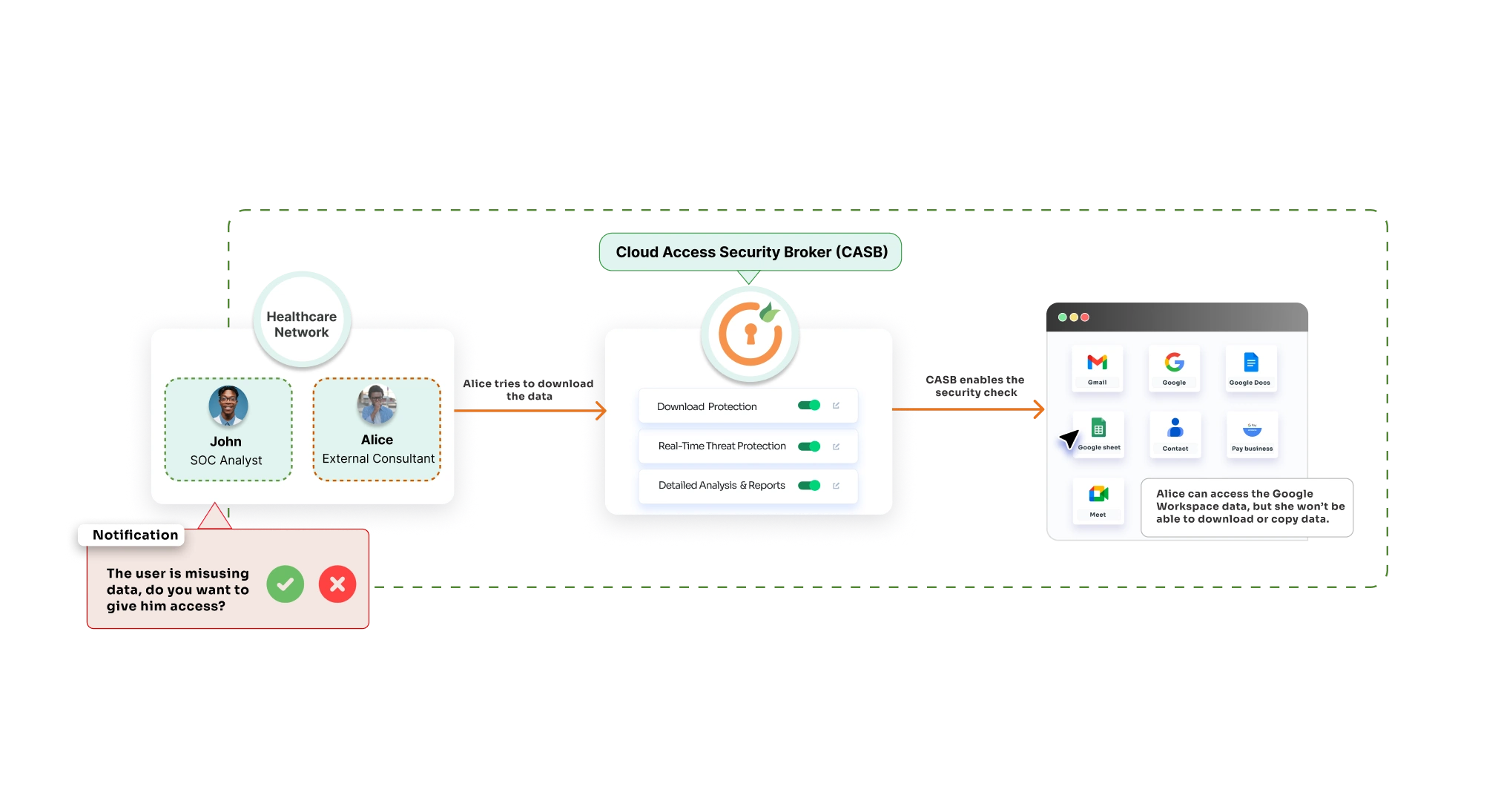
In Summary
miniOrange Google CASB provides a robust security framework for healthcare organizations, addressing the industry's unique challenges and ensuring compliance with regulatory standards like HIPAA. By leveraging its advanced features, healthcare providers can secure sensitive data, gain deep visibility into cloud usage, and protect against evolving cyber threats. Embracing Google CASB is a crucial step towards a more secure and compliant healthcare environment.
Reference links
Author
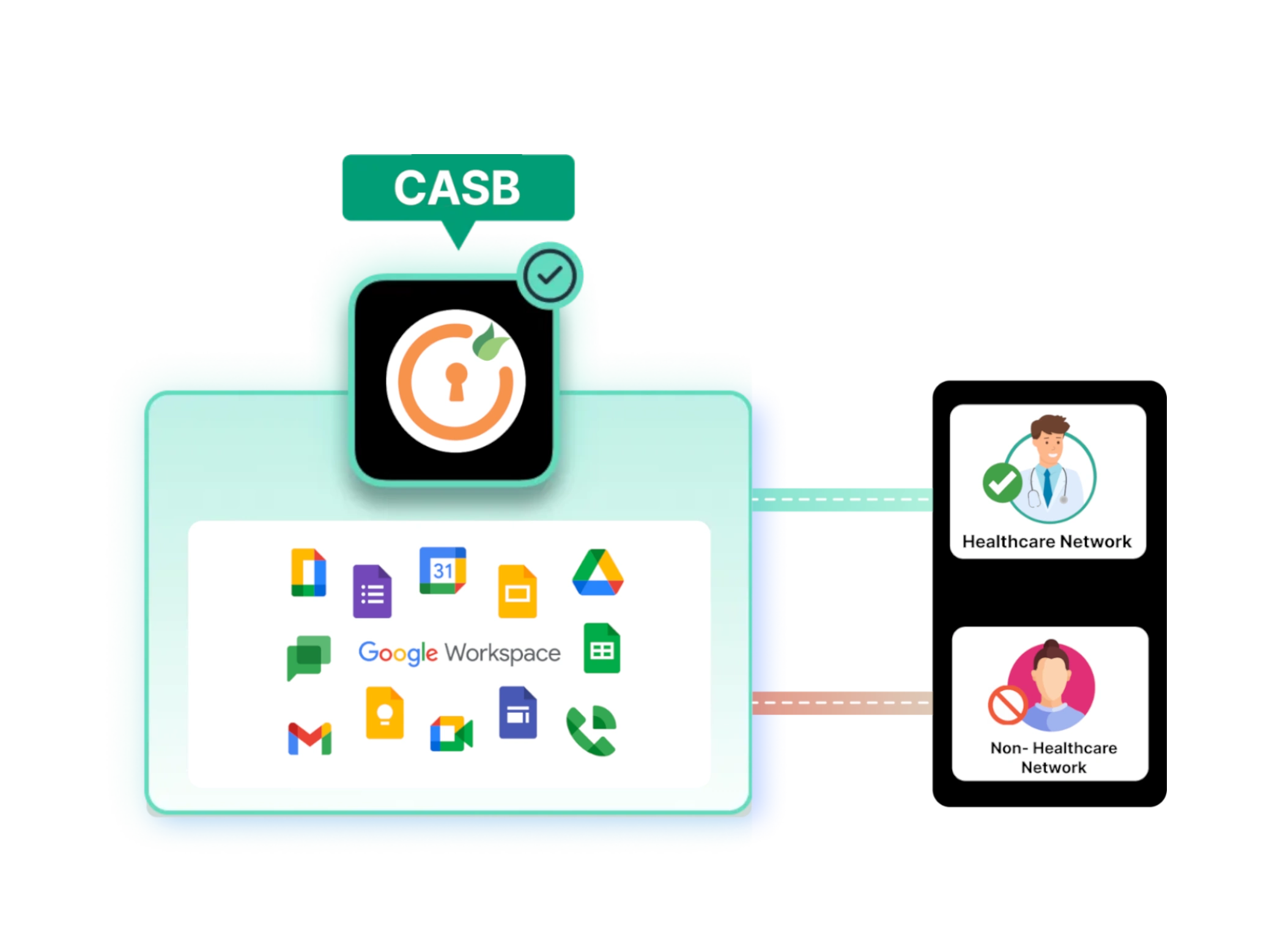
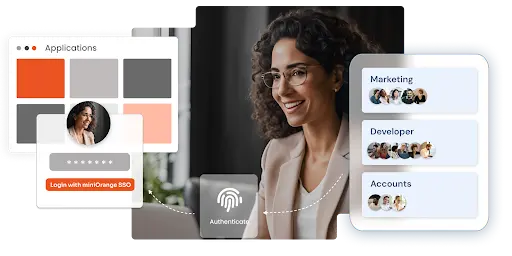
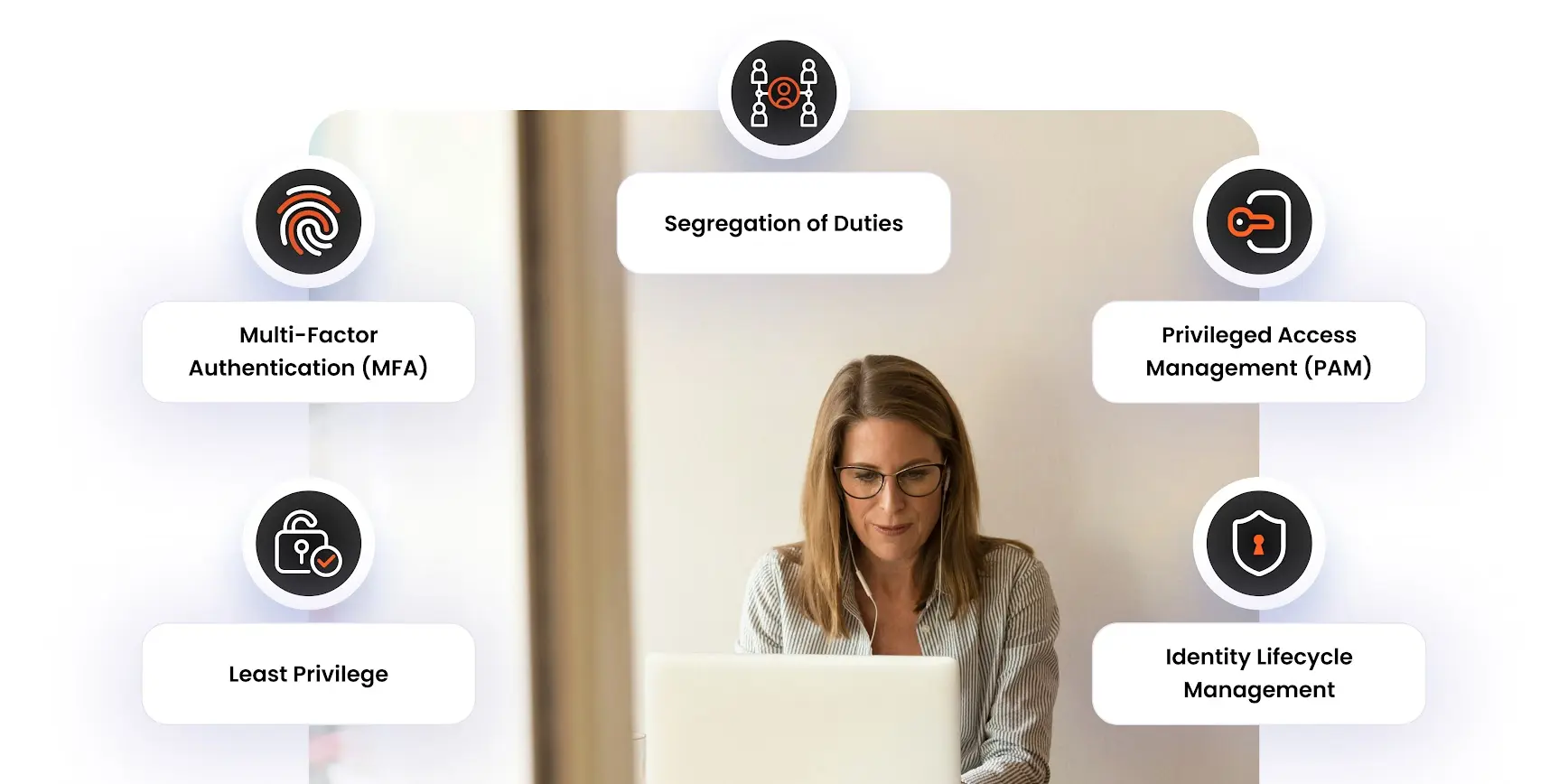
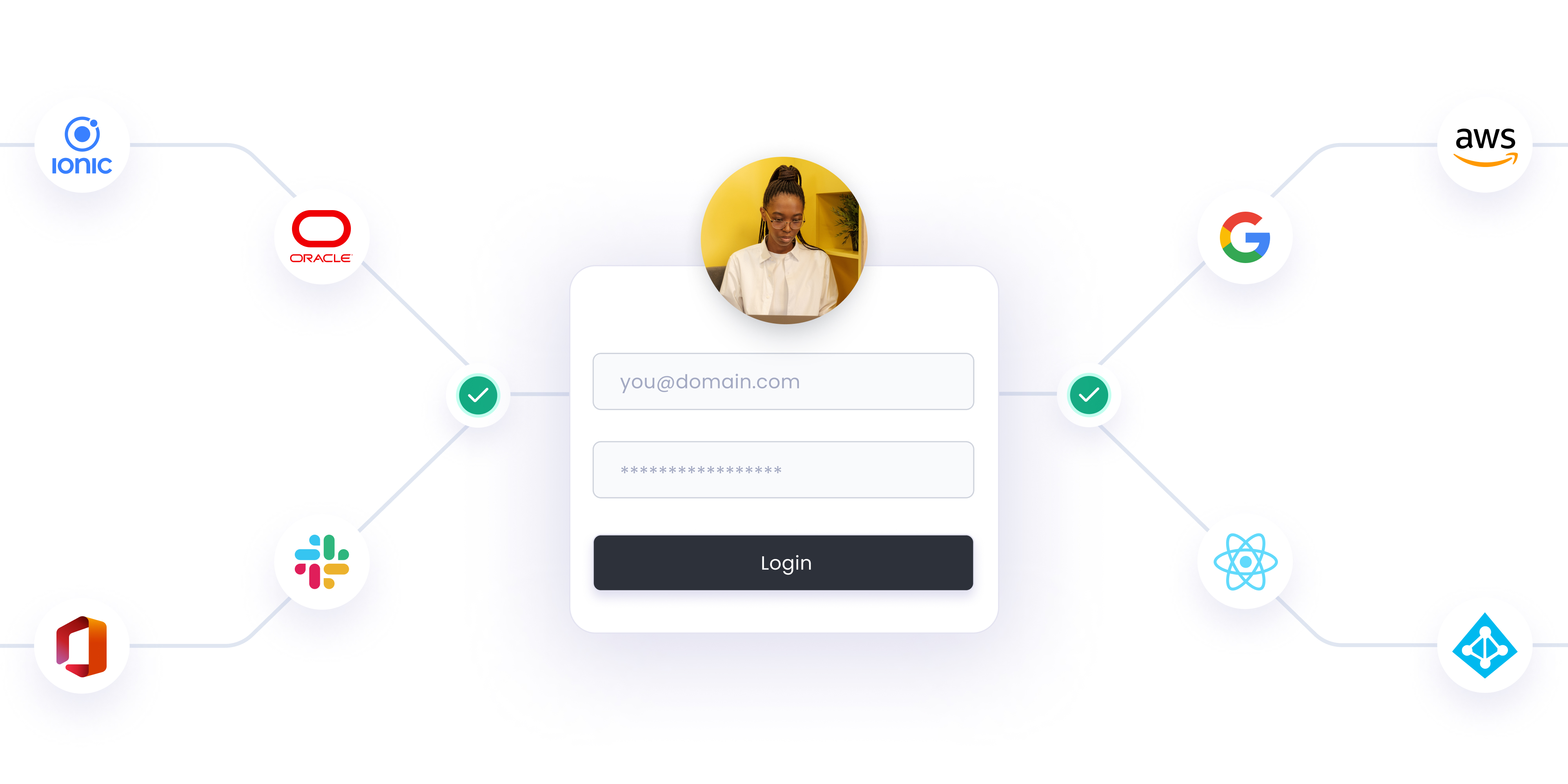

Leave a Comment